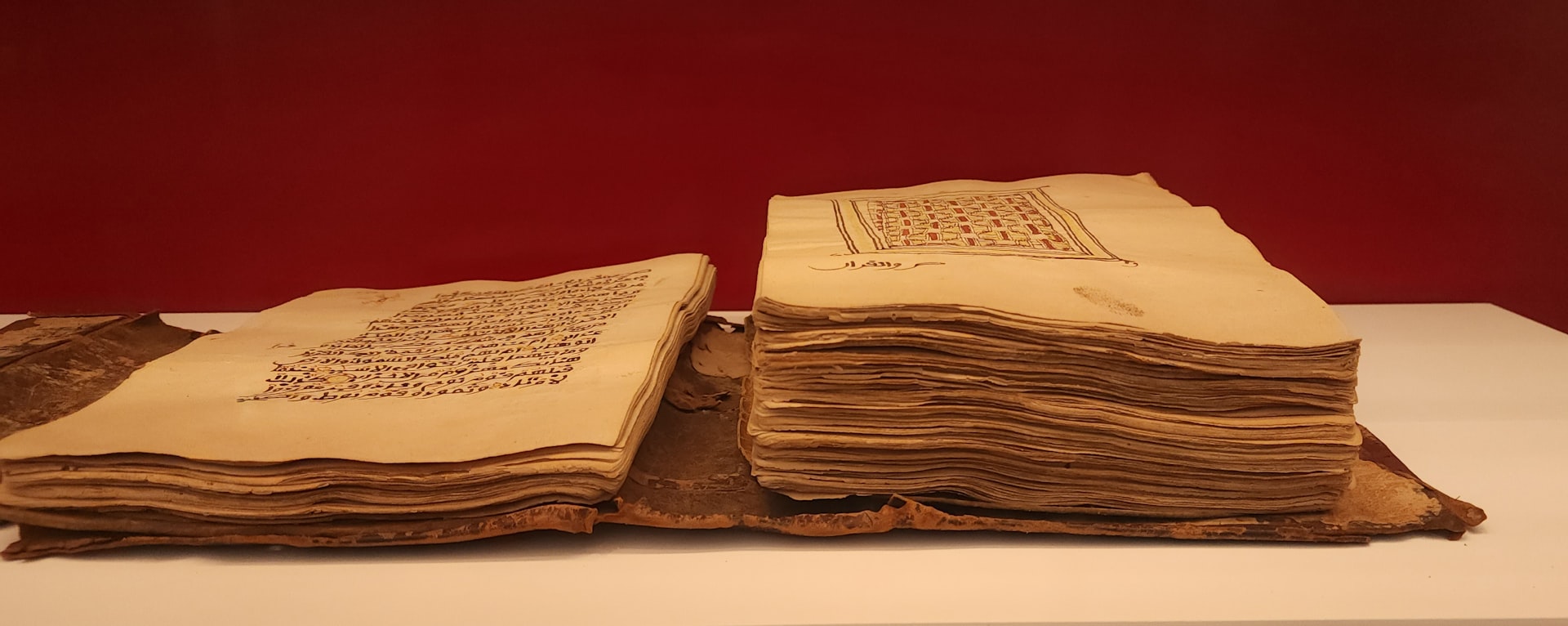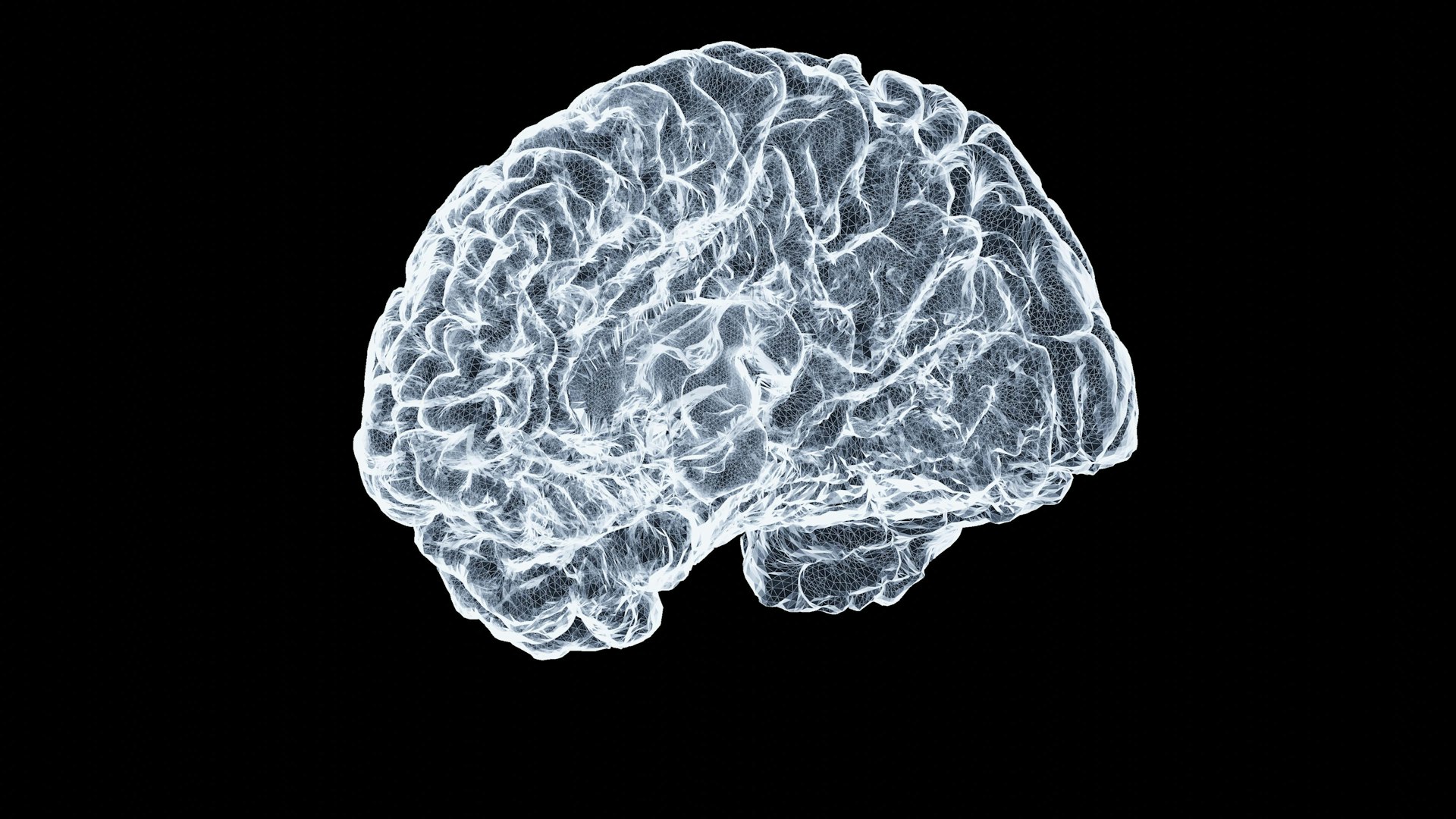Turning Points: A Comprehensive Guide to Political Revolutions Across History

Photo by Art Institute of Chicago on Unsplash
Introduction to Political Revolutions
Political revolutions have played a pivotal role in shaping modern societies. These transformative events, marked by the overthrow of established governments or systems, have often led to profound social, economic, and cultural changes. Understanding the history of political revolutions worldwide provides valuable insight into the enduring struggle for freedom, equality, and the quest for new ideas and governance models. This article explores the origins, key examples, and impacts of major revolutions, offers actionable steps for further research, and suggests ways to access related educational resources.
Defining Political Revolution
A political revolution is generally defined as a rapid, fundamental, and often violent change in a country’s political system. Unlike reforms, revolutions typically result in the replacement of ruling powers or the creation of new states. They are driven by a combination of social unrest, economic hardship, ideological shifts, and leadership crises. According to historians, the period between 1750 and 1914 saw unprecedented change as revolutions moved from isolated rebellions to global movements that altered the course of history [5] .
Major Political Revolutions: Case Studies and Impacts
1. The American Revolution (1765-1783)
The American Revolution marked the birth of the United States and a new era of governance based on democratic principles. Colonists challenged British rule, leading to independence and the creation of a constitution that emphasized liberty and representative government. The influence of the American Revolution extended globally, inspiring independence movements throughout the Americas and beyond [1] .
2. The French Revolution (1789-1799)
The French Revolution overthrew monarchy, established republicanism, and popularized the ideals of liberty, equality, and fraternity. It triggered a wave of revolutionary activity across Europe and introduced concepts such as universal male suffrage and secular governance. The period also saw significant social upheaval and the rise of radical political factions [4] .
3. The Haitian Revolution (1791-1804)
As the only successful slave revolt leading to the creation of a free state, the Haitian Revolution set a precedent for anti-colonial and anti-slavery movements worldwide. It resulted in Haiti’s independence from France and challenged prevailing ideas about race, colonialism, and human rights [1] .
4. The Russian Revolution (1917)
The Russian Revolution ended centuries of imperial rule, leading to the creation of the Soviet Union and the global spread of communist ideology. The revolution influenced political movements in Asia, Latin America, and Africa, and contributed to major realignments in international relations [1] .
5. The Iranian Revolution (1978-1979)
This event replaced the monarchy with an Islamic republic, dramatically transforming Iran’s political landscape and influencing movements across the Middle East. The revolution highlighted the role of religious ideology in modern politics and remains a subject of global interest [1] .
Global Patterns and Interconnectedness
The Age of Revolution refers to a period (late 18th to mid-19th century) when interconnected revolutions spread from America to Europe and beyond. Revolutionaries often learned from one another, adopting similar strategies and ideals such as liberalism, republicanism, and the pursuit of universal rights. For example, the Atlantic Revolutions-including those in France, Haiti, and Latin America-shared networks of thinkers and activists who exchanged ideas and support [3] .

Photo by Umanoide on Unsplash
These revolutions did not occur in isolation; knowledge of successful uprisings elsewhere fueled local ambitions for change. The spread of Enlightenment principles and the quest for new forms of governance were recurring themes. In many cases, revolutions led to the formation of new nation-states and the adoption of democratic frameworks [1] .
Accessing Reliable Information and Further Learning
If you are interested in learning more about the history of political revolutions worldwide, you can:
- Use reputable online databases and digital libraries such as the Library of Congress (search “World History” or “Political Revolutions” for curated guides).
- Consult academic textbooks and scholarly articles available through university portals or platforms like JSTOR and Project MUSE (search “major world revolutions” or specific events).
- Explore interactive timelines and lesson plans provided by educational organizations such as OER Project, which offers free resources for history students [5] .
- Review lists of revolutions and rebellions on accessible platforms like Wikipedia for chronological overviews and links to further reading [2] .
For step-by-step guidance:
- Identify the revolution or era you wish to explore. Use search terms like “American Revolution causes,” “French Revolution effects,” or “Global impact of 20th-century revolutions.”
- Visit the official websites of university history departments. Many host free lectures and downloadable materials.
- Search for documentary films and podcasts produced by reputable organizations (such as PBS, BBC, and NPR) for accessible overviews and expert interviews.
- Check for open access courses on platforms like Coursera or edX (search “World History” or “Political Revolutions”).
- Contact local libraries or history museums for curated reading lists and exhibition information.
Challenges in Studying Political Revolutions
Understanding the full impact of political revolutions can be challenging due to conflicting interpretations and the evolving nature of historical research. Some revolutions, like the Industrial Revolution, were more gradual and complex, involving economic and technological change as well as political upheaval. Others, such as the Revolutions of 1848, were quickly suppressed but still shaped future policies and ideologies [4] .
Researchers should consider:
- Comparing multiple sources for balanced perspectives.
- Recognizing the influence of contemporary biases and limitations in historical records.
- Seeking out primary documents (letters, speeches, official proclamations) for firsthand accounts.
- Engaging with current scholarship to understand how interpretations have changed over time.
Alternative Approaches and Modern Relevance
Modern political movements often draw on the lessons of past revolutions. Peaceful protest, civil disobedience, and negotiation have become preferred methods for advocating change in many societies, though violent uprisings still occur. The ideals of equality, justice, and representative government remain central, and the study of revolutions helps citizens understand their rights and responsibilities.
Individuals interested in civic engagement can:
- Participate in community education programs on democracy and human rights.
- Follow current political developments and compare them with historical case studies.
- Advocate for transparent governance and the protection of civil liberties through established channels.
Summary and Key Takeaways
The history of political revolutions worldwide is rich, complex, and continually evolving. By examining the causes, outcomes, and interconnectedness of major revolutions, individuals gain a deeper understanding of how societies change and progress. Whether through academic study, public engagement, or personal research, accessing reliable information and learning from past revolutions remains essential for informed citizenship and responsible leadership.
References
- [1] Fiveable (2023). Major World Revolutions to Know for Honors World History.
- [2] Wikipedia (2025). List of revolutions and rebellions.
- [3] Wikipedia (2025). Age of Revolution.
- [4] Library of Congress (2025). Revolutions in France: 1789, 1830, 1848.
- [5] OER Project (2021). Unit 4: Revolutions 1750 to 1914.
MORE FROM yourscholarshiptoday.com













